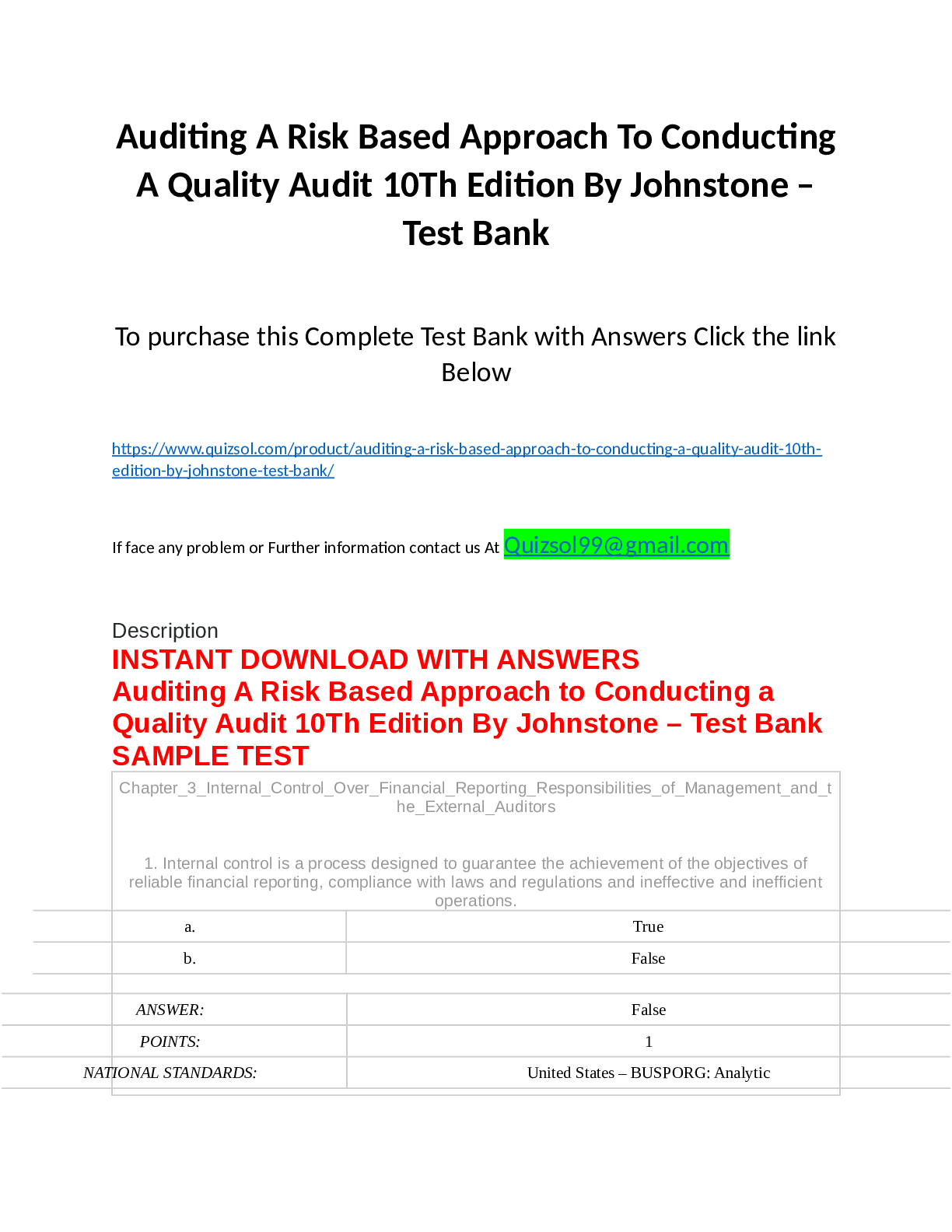Financial Accounting > QUESTIONS & ANSWERS > Risk-Based Approach to Conducting a Quality Audit (All)
Risk-Based Approach to Conducting a Quality Audit
Document Content and Description Below
Using the textbook Auditing: A Risk-Based Approach to Conducting a Quality Audit, thoroughly answer the following review and short case questions from the back of the chapters: 5-51 LO 2 Ray, the ow... ner of a small company, asked Holmes, CPA, to conduct an audit of the company ’ s records. Ray told Holmes that the audit must be completed in time to submit audited financial statements to a bank as part of a loan application. Holmes immediately accepted the engagement and agreed to provide an auditor ’ s report within three weeks. Ray agreed to pay Holmes a fixed fee plus a bonus if the loan was granted. Holmes hired two accounting students to conduct the audit and spent several hours telling them exactly what to do. Holmes told the students not to spend time reviewing the controls but to concentrate on proving the mathematical accuracy of the ledger accounts and to summarize the data in the accounting records that support Ray ’ s financial statements. The students followed Holmes’ instructions and after two weeks gave Holmes the financial statements, which did not include footnotes because the company did not have any unusual transactions. Holmes reviewed the statements and prepared an unqualified auditor’s report. The report, however, did not refer to GAAP or to the year-to-year application of such principles. Briefly describe each of the ten standards included in the PCAOB guidance and indicate how the action(s) of Holmes resulted in a failure to comply with each standard. “The ten standards fall within three categories: ● General standards are applicable to the auditor and audit firm and provide guidance in selecting and training its professionals to meet the public trust. The general standards require the following: 1. The audit is to be performed by individuals having adequate technical training and proficiency as an auditor. 2. Auditors are to be independent in their mental attitude in conducting the audit (independence in fact ) and be perceived by users as independent of the client (independence in appearance ). 3. The audit is to be conducted with due professional care, which is a standard of care that would be expected of a reasonably prudent auditor. ● Fieldwork standards are applicable to the conduct of the audit and require that: 4. An audit is properly planned and supervised. 5. Auditors develop an understanding of the client ’ s controls as an important prerequisite to developing specific audit tests. [Show More]
Last updated: 1 year ago
Preview 1 out of 6 pages
Instant download

Buy this document to get the full access instantly
Instant Download Access after purchase
Add to cartInstant download
Reviews( 0 )
Document information
Connected school, study & course
About the document
Uploaded On
May 16, 2021
Number of pages
6
Written in
Additional information
This document has been written for:
Uploaded
May 16, 2021
Downloads
0
Views
40

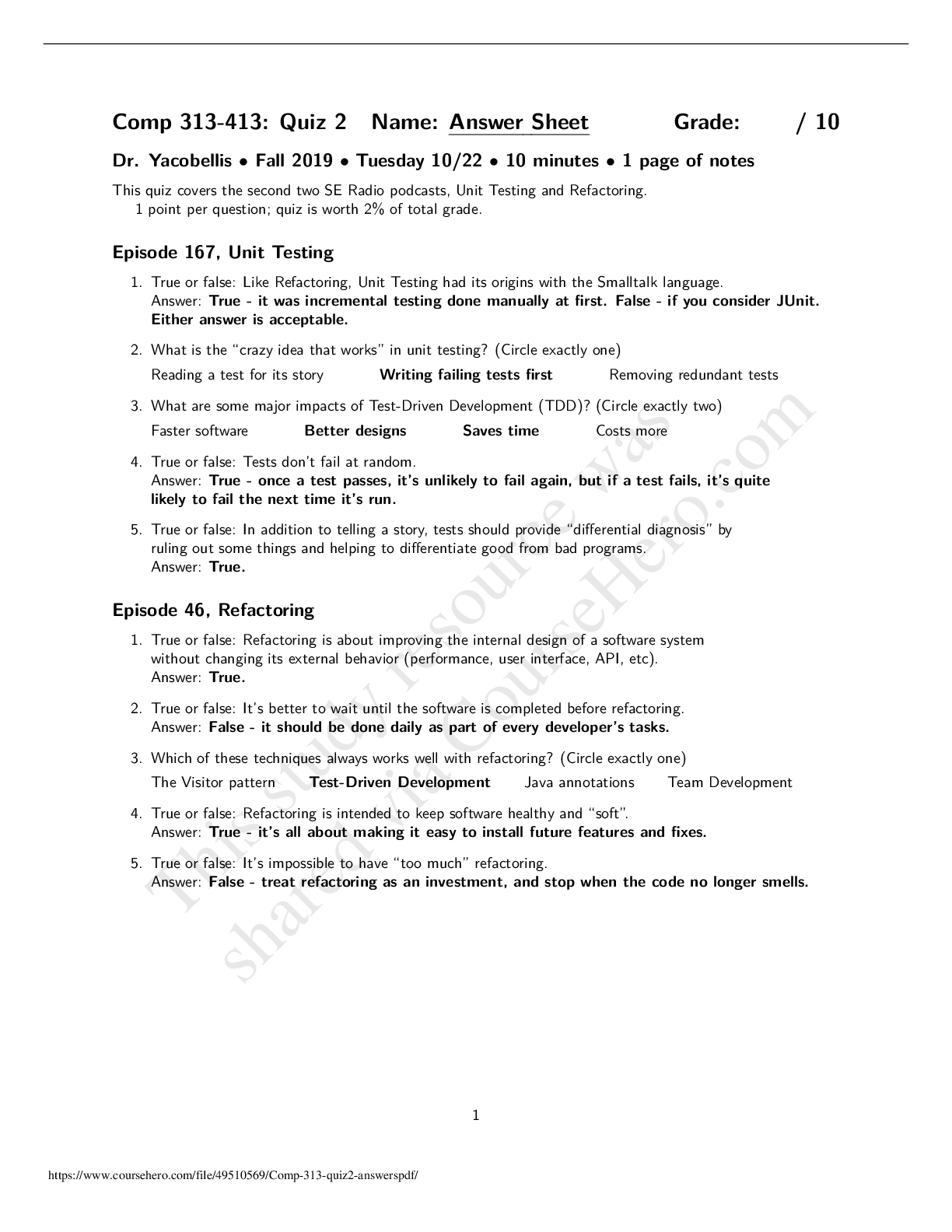
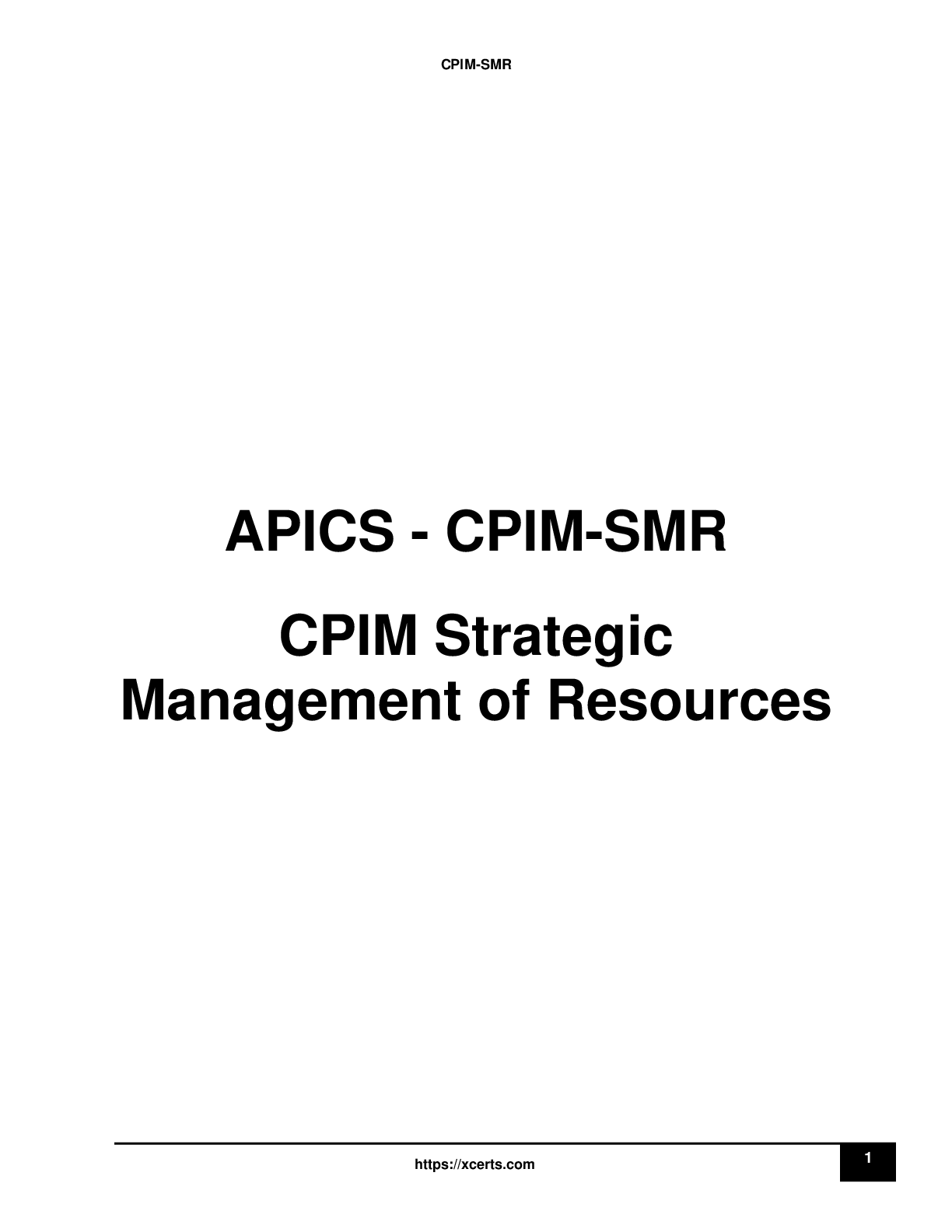

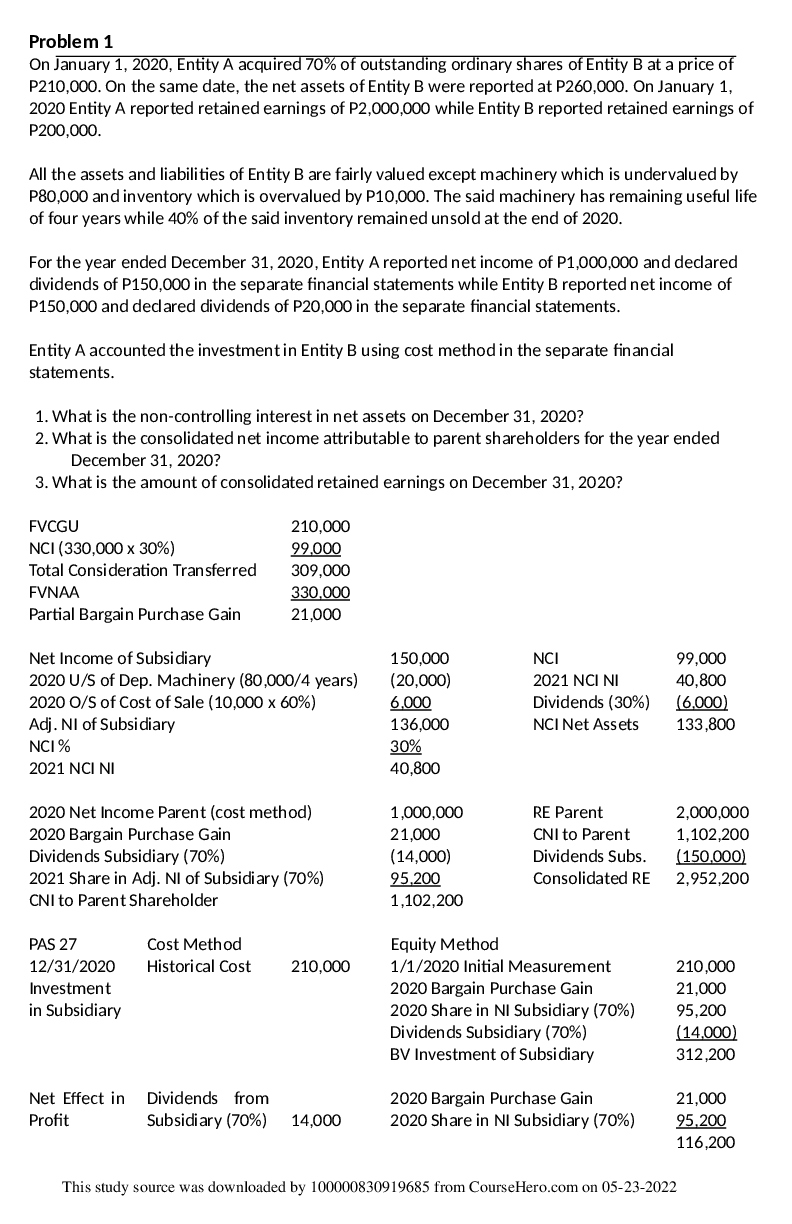
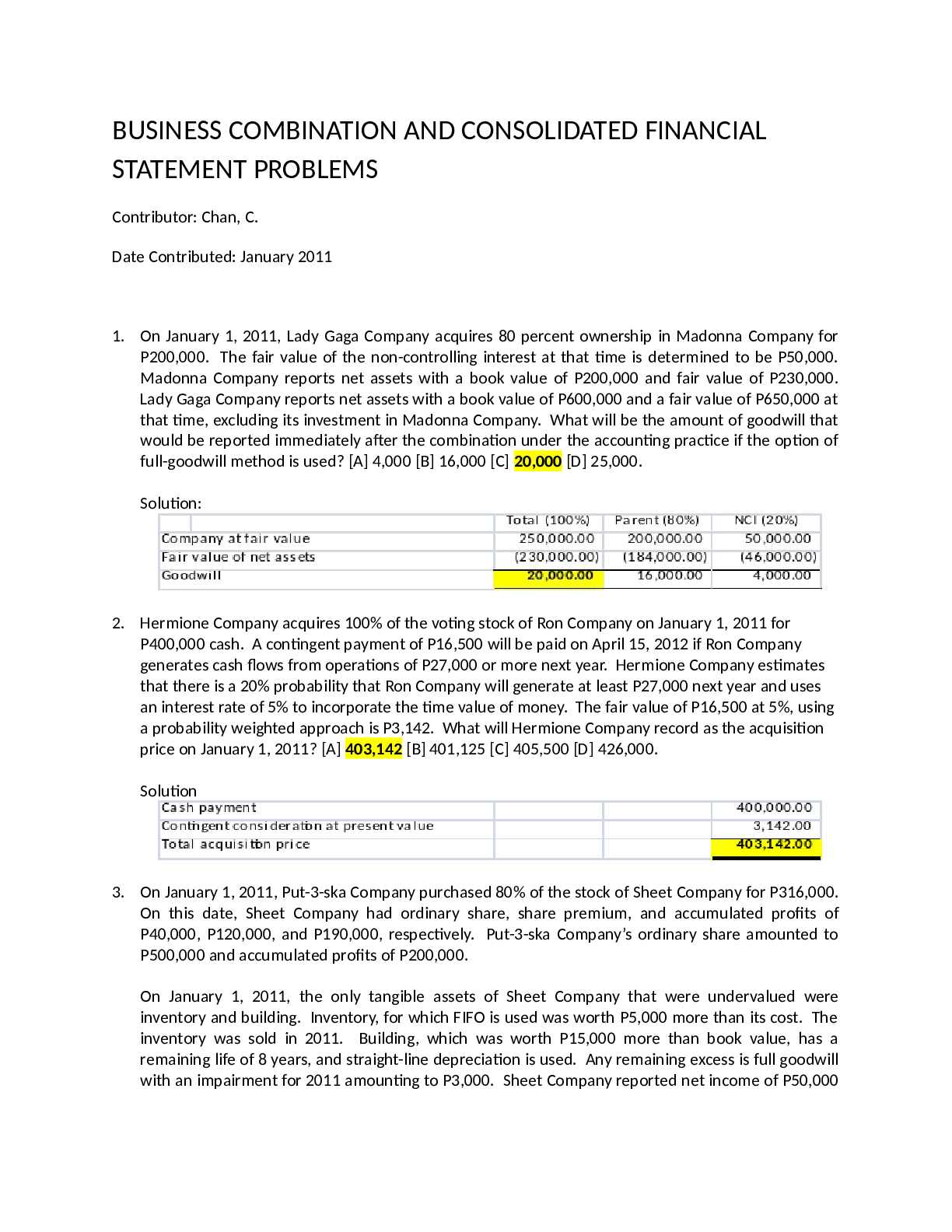
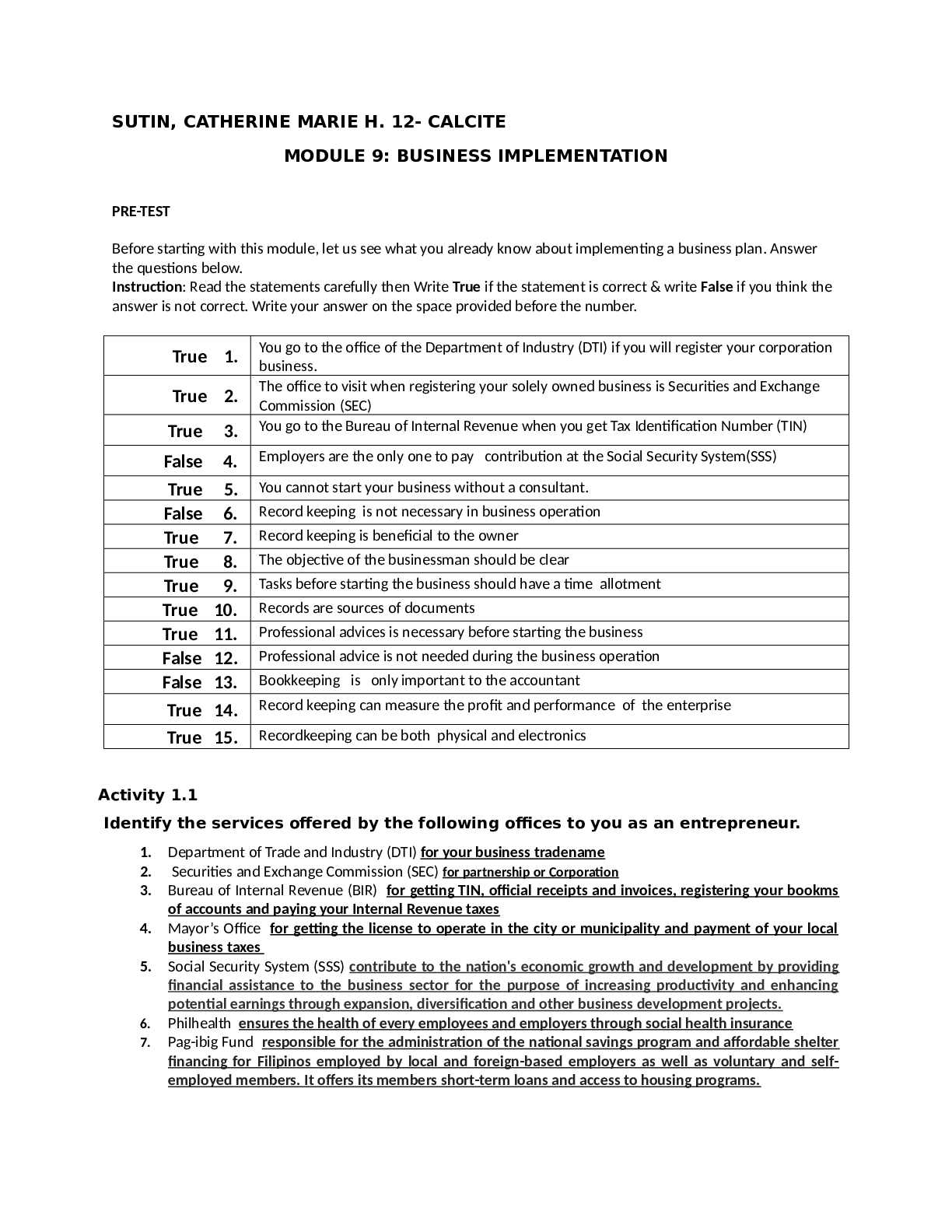
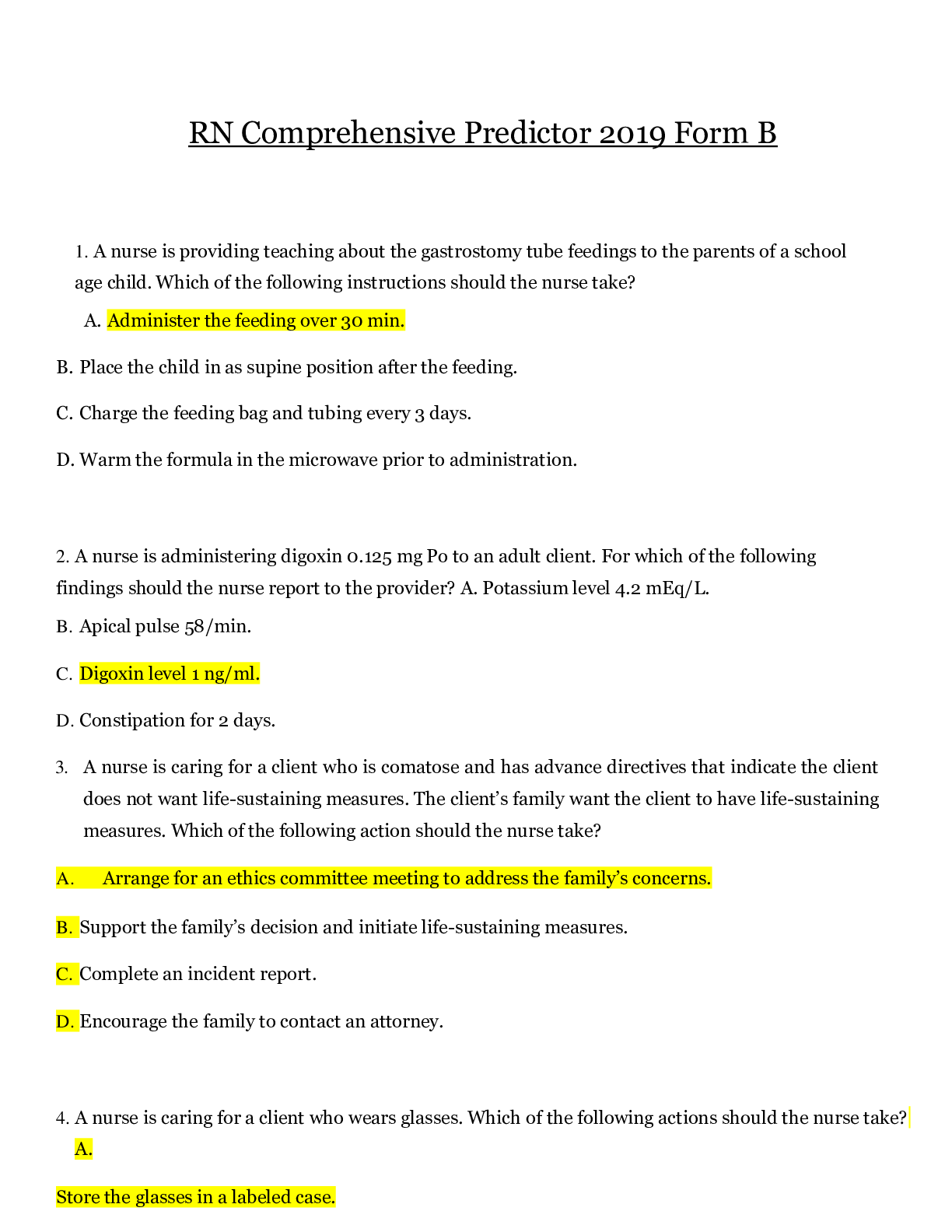
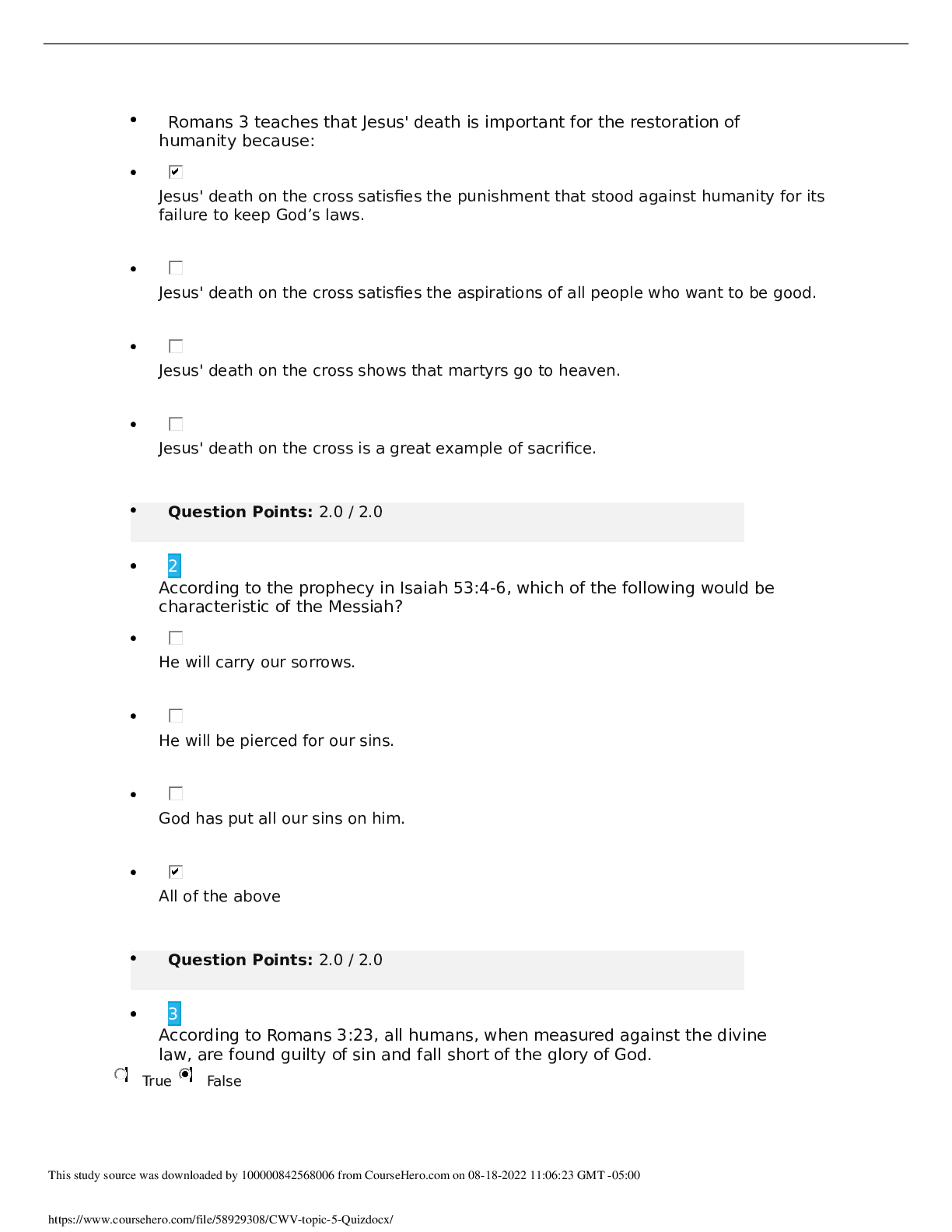
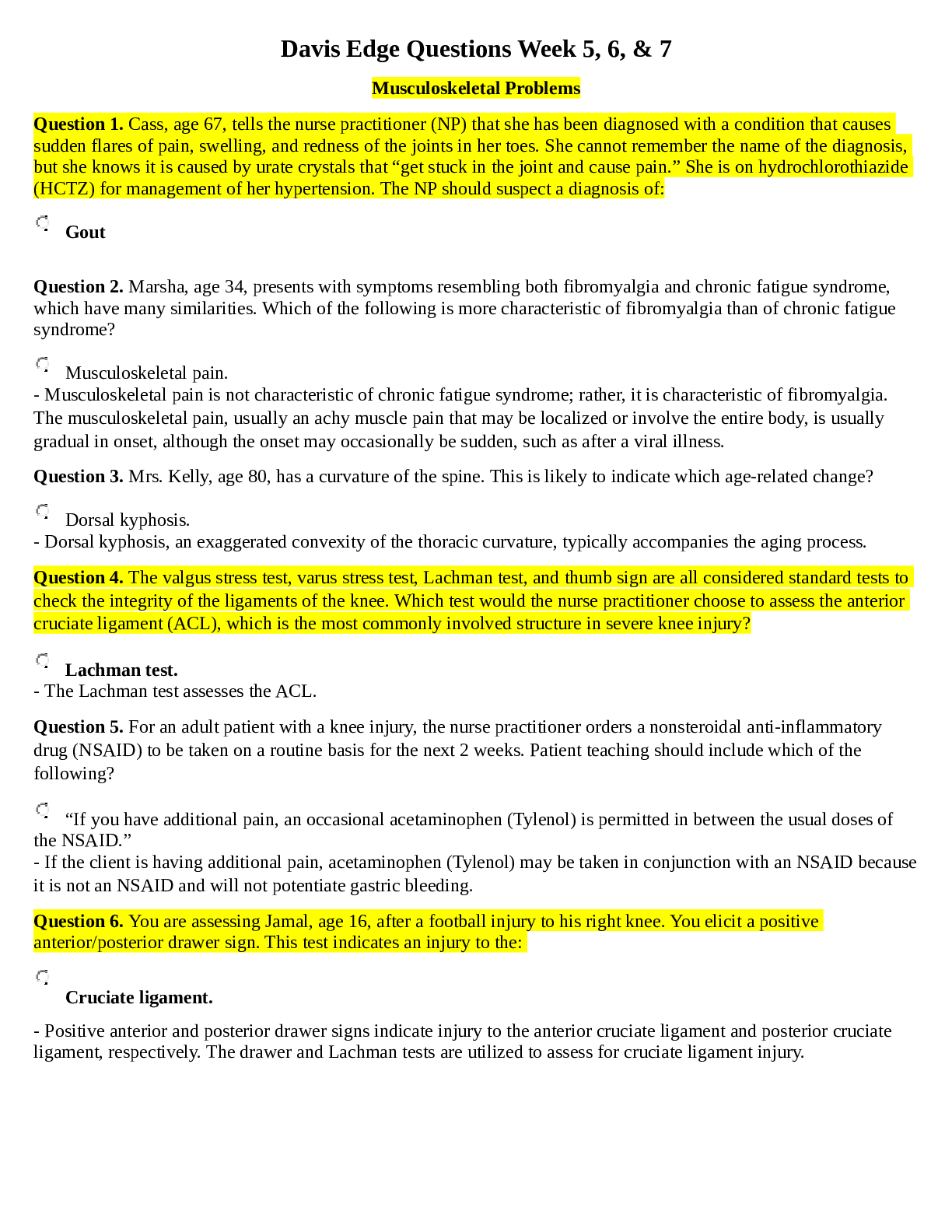
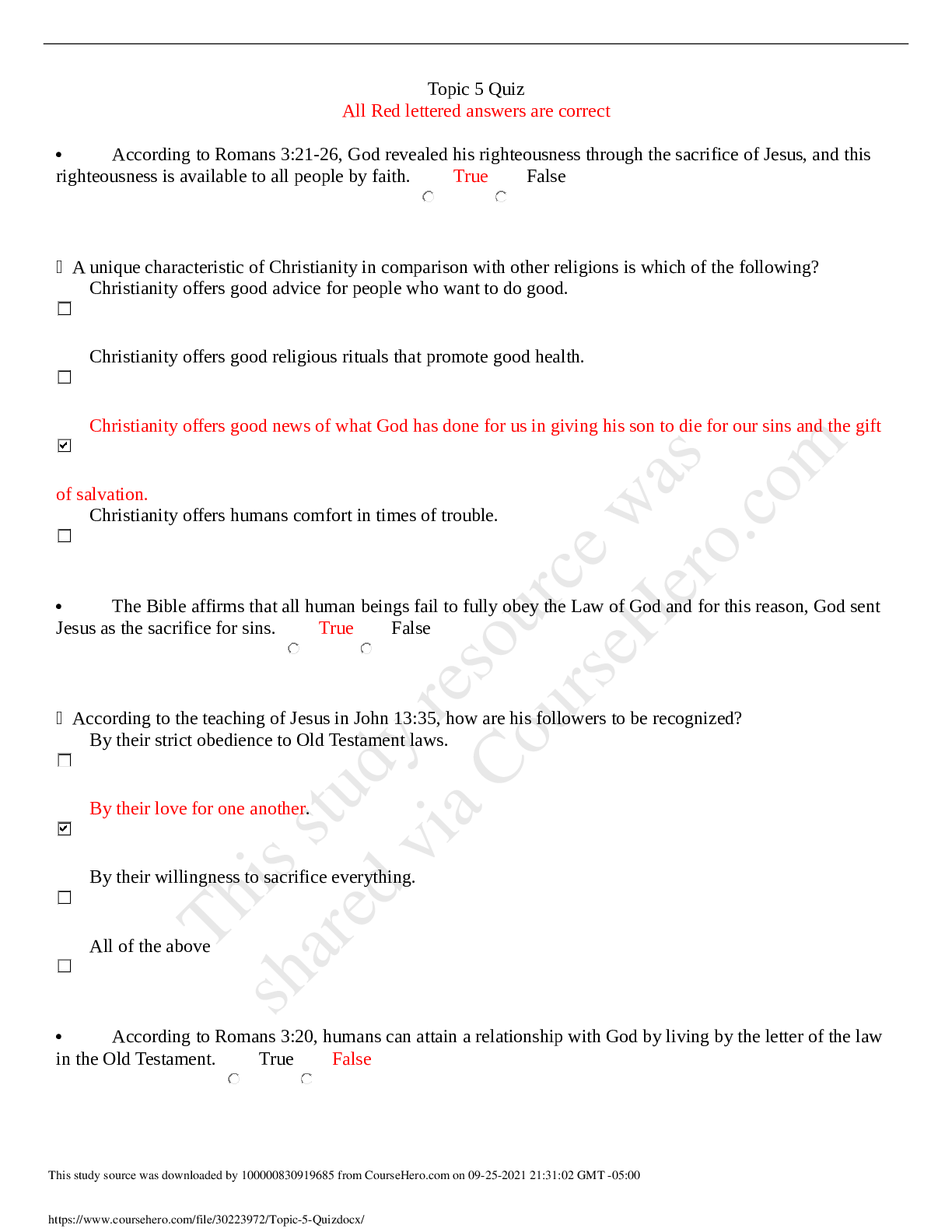
.png)
